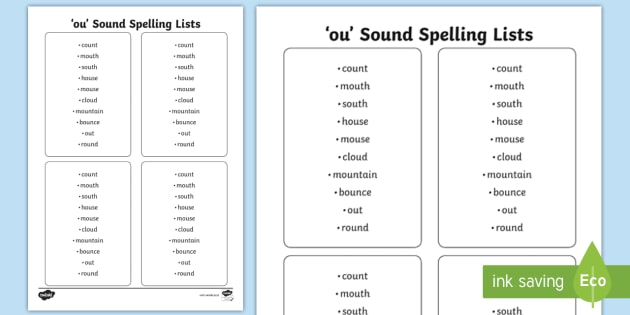
Phonetic Pronunciation Of Hebrew Words
Spelling is how we put words together, but what is phonetic spelling? An alternate way to create words? Well, yes!
What is phonetic spelling?
Phonetic spelling is a system of spelling in which each letter represents one spoken sound. In English, some words are pronounced exactly as they look. When T is used to spell tiger, the letter T is assigned one sound. Simple, right?
Phonetic spelling helps one pronounce words correctly using letters and symbols that represent exact sounds. It can help people learning a language to enunciate words like a native. The English language is chocked full of pronunciation pitfalls and nonsense rules where you must 'know the word'to pronounce it correctly. The pronunciation rules in the French language are extremely complex and contain many exceptions. This online translator allows you to convert French text to phonetic transcription using International Phonetic Alphabet (IPA) symbols. This tool will serve as a French pronunciation guide. If you use the phonetic transcription regularly in. It can convert English words into phonetic transcription automatically. Sometimes you may need to do the opposite - enter phonetic transcription and find which words match this pronunciation. This tool does exactly that. You don't need to enter the transcription of the whole word. Submit a piece of transcription and search for all the words. This article is an introduction to the international phonetic alphabet ipa as it is used to denote pronunciation of english words. We compiled all of your pronunciation english lessons into one video. Click on a vowel to learn all of the ways it can be pronounced and to hear the sound files.


Well, we all know English is not that simple. Pairing T with H creates a new sound: th-. The T takes on a new pronunciation. Furthermore, there is a difference in how the th- sound can be pronounced, such as with this and thin. So that single letter (T) does not correlate to only one pronunciation. In English, pronunciation follows rules that aren’t obvious at first glance.

There have been numerous attempts to simplify spelling in English, with entire books devoted to proposed alphabet systems that would simplify not only one language, but apply universally to all. (Now that would be something!) But it’s particularly difficult to reform the English language due to the many and diverse languages it draws from.
Phonemes vs. graphemes
Phonetic Pronunciation Of Greek Words
At first glance, it makes sense that—as one 1800s philologist put it—”the same combination of sounds should, under the same circumstances, be always represented by the same combination of symbols, and that the same combination of symbols should, under the same circumstances, always represent the same combination of sounds.”
There are languages that follow a one-to-one relationship between graphemes (the written form) and phonemes (the spoken form). Such a language is known as a phonemic orthography. Esperanto is one example of a true phonemic orthography. Its creator followed the principle of “one letter, one sound.”
Who uses phonetic spelling?
A system of true phonetic spelling would make things easier for all us. (Especially those of us reading names at commencement!)
Phonetic Pronunciation Of Russian Words
When children are first learning to spell, they match each sound in a word with their best guess for what letter makes the same sound. For example, 5- and 6-year-olds may spell like as lik and feel as fel. They’re looking for that one-to-one match in how the word sounds and how it looks. This is a phase of writing that helps children learn to read and spell. There are many ways to support a young reader who is spelling phonetically.
Phonetic Pronunciation Of Bible Words
The last person to have any success at widespread spelling reform was Noah Webster. He recommended a small number of standardized spellings which differed from the British English of the day, and many of Webster’s suggestions are still in use in American English. For example, he supported and helped popularize changing the C to an S in words such as defence and offence and dropping the final K in words such as musick and publick.

Webster also promoted changing soup to soop—but not every proposal caught on! As Webster discovered, creating a phonemic orthography for English is practically impossible.